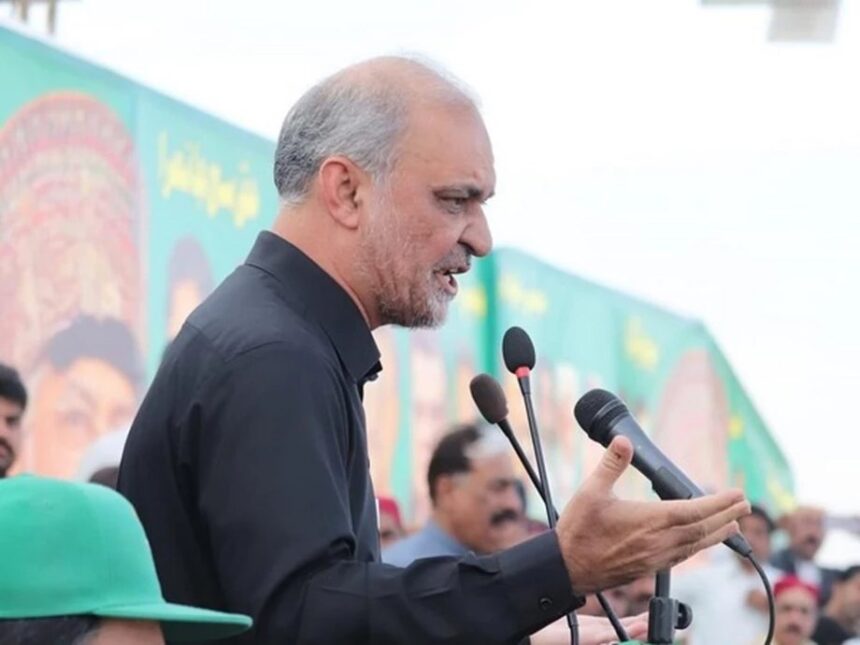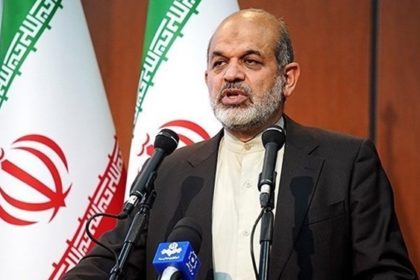RASC News Agency: Pakistani media outlets report that Hafiz Naeem ur Rehman, leader of Jamaat-e-Islami Pakistan, has called upon the Taliban to ensure that Afghanistan’s territory is not utilized for “hostile activities” against other nations, particularly Pakistan. Speaking on Monday, November 18, Naeem ur Rehman emphasized the importance of the Taliban demonstrating “responsible governance” in their actions and policies.
He advocated for collaborative dialogues between Pakistan and Taliban-led Afghanistan to address mutual concerns effectively. Concurrently, he urged the Pakistani government to take urgent measures to resolve security challenges in Balochistan and Khyber Pakhtunkhwa through constructive dialogue, stressing that “every human life holds immense value, and the government must reassess its policies.” Furthermore, Naeem ur Rehman criticized Pakistan’s federal government for its failure to fulfill economic aid commitments amid rising electricity costs, which have exacerbated the economic strain on citizens.
In a related development, Pakistan’s Foreign Ministry spokesperson, Mumtaz Zahra Baloch, recently accused the Taliban of providing safe havens to “terrorist groups” within Afghanistan. Pakistani security officials have consistently alleged that the Tehrik-e-Taliban Pakistan (TTP) operates from Afghan soil to launch attacks against Pakistan’s security forces. The Taliban, however, have repeatedly denied the presence of terrorist groups, including the TTP, within their borders, despite credible evidence indicating that Afghanistan remains a sanctuary for dozens of such groups.
These remarks by the Jamaat-e-Islami leader highlight a recurring narrative in Pakistan’s engagement with Afghanistan. Over the past five decades, Jamaat-e-Islami and other Pakistani religious factions have played a controversial role in Afghanistan’s internal affairs. They have frequently declared wars in Afghanistan as “jihad” and recruited students from Pakistani madrassas to participate in these conflicts, framing them as religiously sanctioned wars.
This historical interference, coupled with the Taliban’s contentious policies, underscores the deep-rooted and complex political entanglements between the two nations. The ongoing dynamics raise pressing concerns about regional stability and the long-term repercussions for both Afghanistan and Pakistan.






